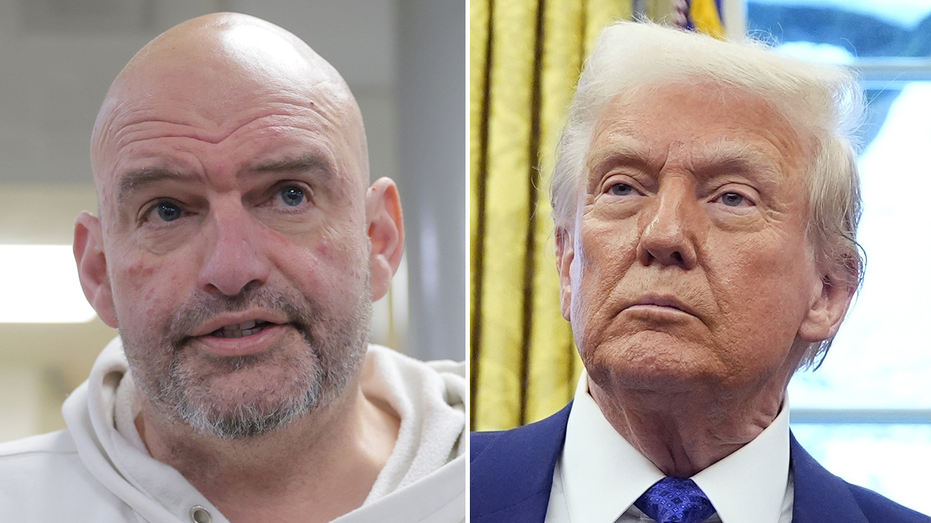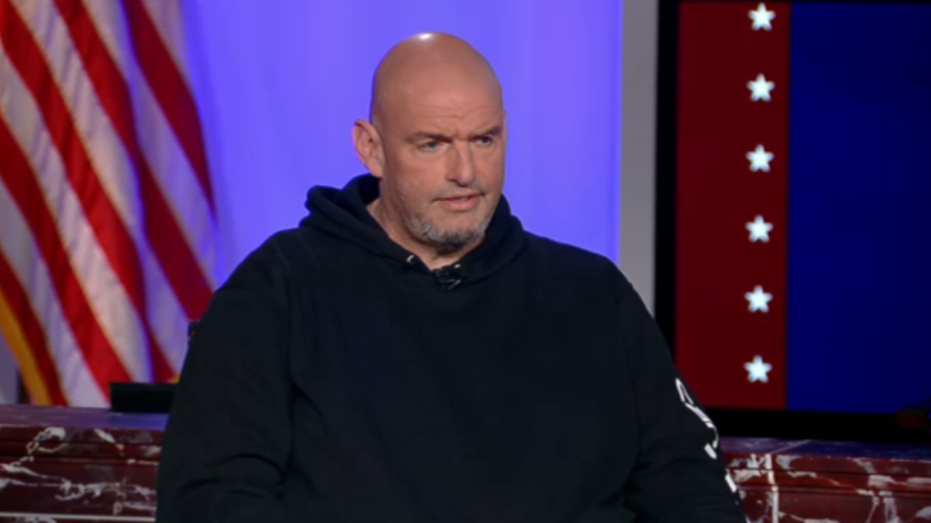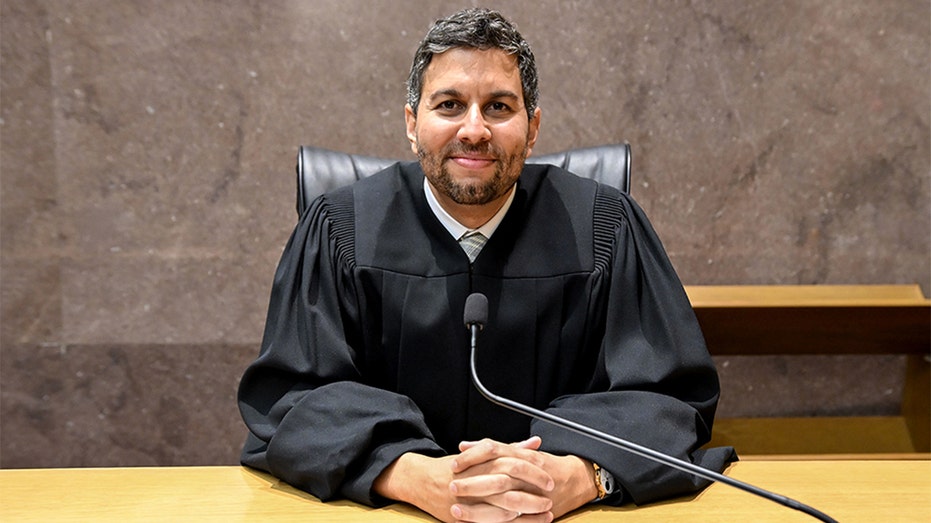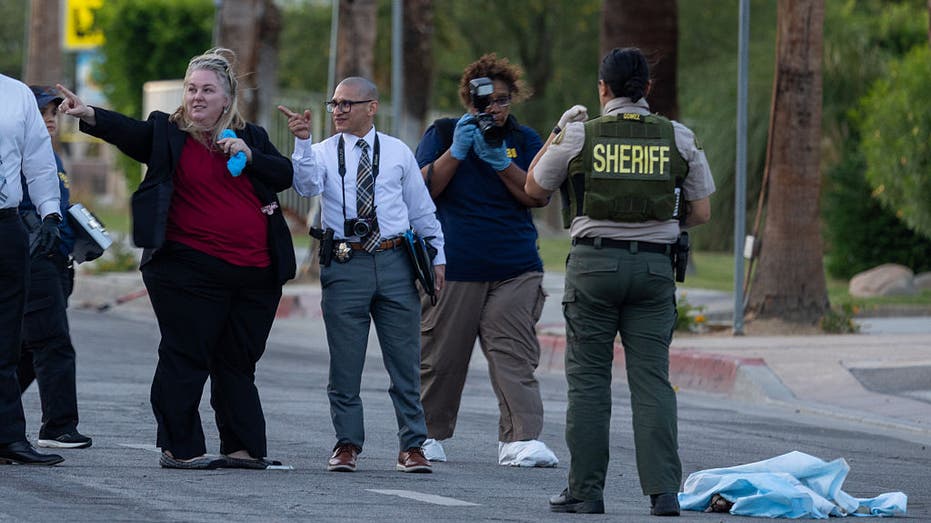Fetterman Praises Trump’s Middle East Policies: Breaks Ranks Amid Bipartisan Debate
Sen. Fetterman lauds Trump's Middle East policies, spotlighting bipartisan backing for Israel and the Jerusalem embassy decision.

Senator John Fetterman sparked debate in Washington on Monday after delivering rare praise for former President Donald Trump’s Middle East policies at a high-profile Senate event. The Pennsylvania Democrat, who has become known for his willingness to challenge party orthodoxy, made the remarks during a discussion with Senator Dave McCormick in Boston, focusing heavily on foreign policy and national security concerns.
The conversation, part of The Senate Project series, delved into the ongoing conflict in the Middle East and the United States’ role in supporting Israel. In a notable moment, Fetterman openly acknowledged that he is “the sole Democrat willing to admit Trump’s success” in the region, breaking sharply with conventional views within his party. “I wasn't really allowed to disagree, politically, with the original agreement on Iran,” Fetterman explained, referencing Democratic support for the Obama-era nuclear deal.
Fetterman cited Trump’s controversial decision to withdraw from the Joint Comprehensive Plan of Action (JCPOA) with Iran in 2018 and reimpose sanctions. While the move drew criticism from many Democrats at the time, Fetterman defended it as the right course of action. “I really do think, now, Trump did the right thing to break that agreement,” he said, cementing his status as a party maverick, especially on foreign affairs.
Doubling down on his tough stance toward Tehran, Fetterman reiterated recent calls for stronger U.S. measures against Iranian nuclear facilities. “I think it's once in a generation to destroy that facility,” he stated, underscoring his belief that decisive action is needed to prevent Iran from advancing its nuclear ambitions. He argued that the Democratic Party is often unwilling to have such “nuanced conversations” about military options in the Middle East, positioning himself as one of the few voices willing to consider them.
Fetterman also lauded Trump’s decision to move the U.S. embassy in Israel from Tel Aviv to Jerusalem—a move that was initially met with widespread skepticism but, according to Fetterman, did not lead to the region-wide unrest many predicted. “When Trump changed the embassy to Jerusalem, people thought… the region was going to burn. I mean, none of that happened… Some good things have happened there,” he remarked, highlighting what he sees as a positive legacy from an administration he otherwise often opposes.
His vocal support for Israel and willingness to meet with Trump ahead of the 2017 inauguration have made Fetterman a unique figure within Democratic ranks. He acknowledged feeling isolated on these issues, saying, “That's absolutely put me really the only one left in the Democratic caucus talking on these kinds of things.” As Fetterman continues to chart his own course on foreign policy, his comments are likely to fuel both partisan debate and broader questions about the direction of America’s Middle East strategy.




